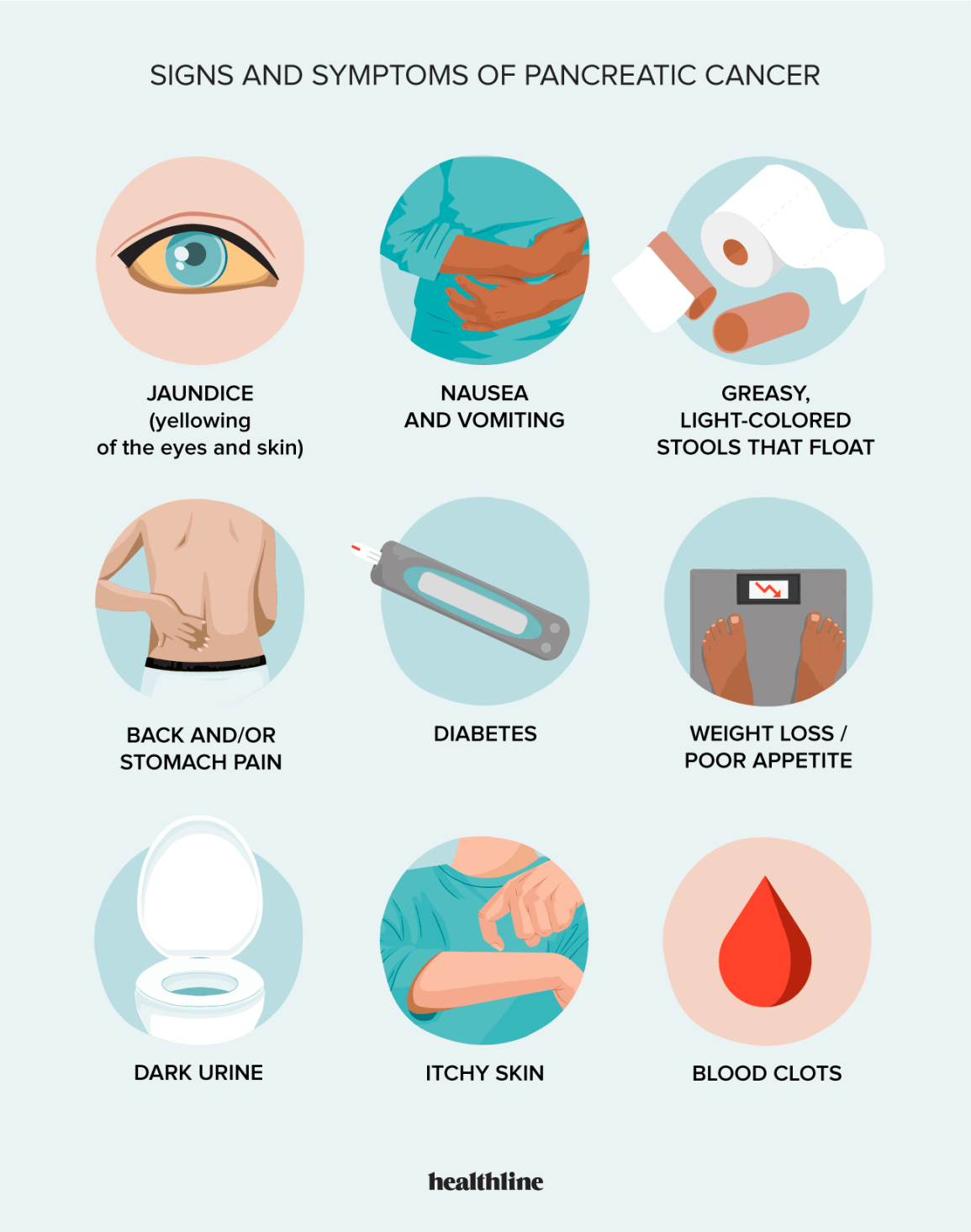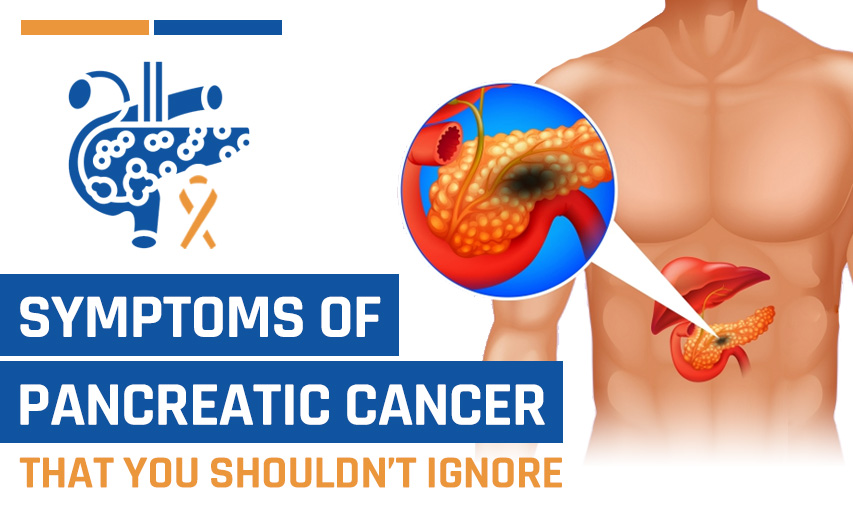Pancreatic cancer is often called the “silent killer” — and for good reason. Its early symptoms are so subtle and commonly mistaken for everyday issues that diagnosis often happens only after the disease has advanced. Yet, health experts stress that early detection could save countless lives.
Recent findings published in The Journal Cancers (2020) reveal that early-stage pancreatic cancer often triggers specific symptoms — including unexplained weight loss, jaundice, abdominal or back pain, and sudden-onset diabetes — that many people unfortunately dismiss as minor ailments.
1. Unexplained Weight Loss and Loss of Appetite
A sudden drop in body weight without changes in diet or physical activity is one of the earliest red flags. This happens when the pancreas fails to produce enough digestive enzymes, resulting in poor nutrient absorption. People may also feel full after small meals — a symptom linked to early tumor growth.
2. Jaundice
Yellowing of the skin and eyes, along with dark urine or light-colored stools, could indicate a bile duct blockage caused by a pancreatic tumor. The National Cancer Institute highlights jaundice as one of the most telling signs of pancreatic cancer, particularly when the tumor develops near the bile duct.

3. Abdominal or Back Pain That Comes and Goes
Recurring pain in the upper abdomen or middle back is often mistaken for muscle strain or indigestion. However, research published in BMJ Open (2014) found that many pancreatic cancer patients reported such pain months — even years — before diagnosis. Persistent, unexplained pain, especially after meals or at rest, should never be ignored.
4. New or Worsening Diabetes
If you are over 50 and suddenly develop diabetes — or your existing diabetes becomes harder to control — it may signal changes in the pancreas caused by cancer. The Pancreatic Cancer Action Network urges doctors to investigate new or worsening diabetes in adults with no prior risk factors.
Why Awareness Matters
Pancreatic cancer’s survival rate remains low mainly because symptoms appear late and resemble benign conditions. Experts warn that medical evaluation of these warning signs — particularly when they occur together — can make the difference between early diagnosis and late-stage discovery.
Health professionals recommend prompt screening for anyone over 50 who experiences unexplained weight loss, jaundice, abdominal pain, or sudden diabetes, especially with a family history of pancreatic cancer.
Because in the case of pancreatic cancer, listening to your body could truly be life-saving.


